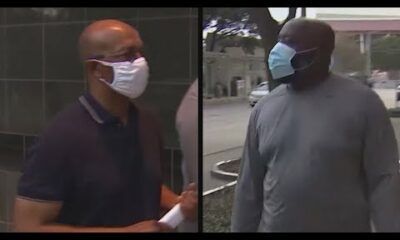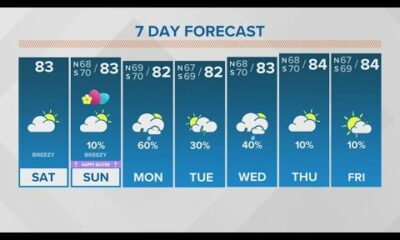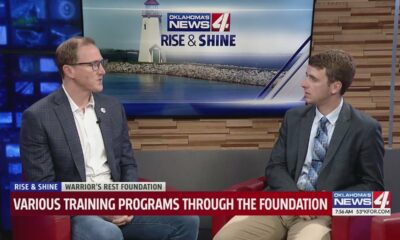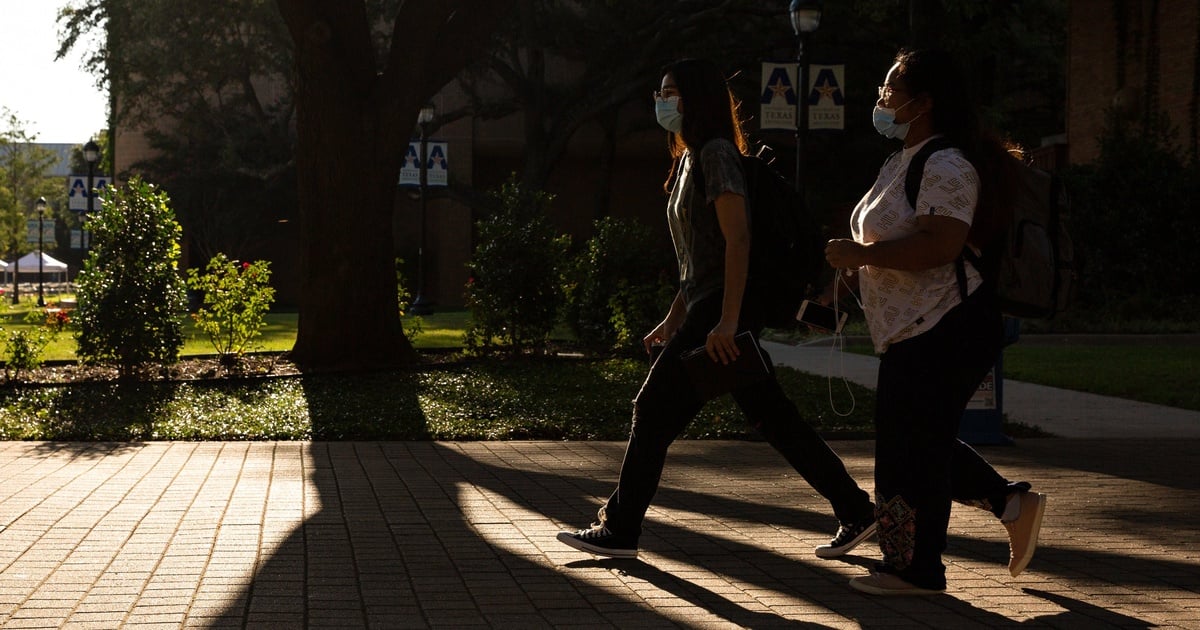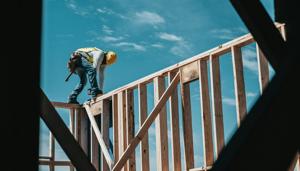(The Center Square) – Texas broke its own employment records again in March, leading the U.S. in job creation. The outlier was in the oil and natural gas sector, which reported a loss, breaking its own pattern of job records, reflecting market volatility.
As in previous months, Texas broke its own employment records for having the greatest number of jobs, the greatest number of Texans working and the largest labor force in state history in March, according to the latest Texas Workforce Commission data.
Texas employers reported the largest labor force in state history again with a new record of 15,778,500, marking 57 of 59 months of growth. Over the year, Texas’ civilian labor force added 301,400 workers, more than any other state.
Texas also reached a new high for the greatest number of Texans working last month, including the self-employed, totaling 15,137,500.
Texas also added 26,500 positions over the month to reach a total of 14,282,600 nonfarm jobs in March. Texas employers added 192,100 nonfarm jobs over the year, more than any other state, bringing the annual nonfarm growth rate to 1.4%, again outpacing the national growth rate by 0.2%.
“Texas leads the nation in job creation thanks to our booming economy and highly skilled workforce,” Gov. Greg Abbott said. “Every month, Texas welcomes businesses from across the country and around the world to innovate and invest in our great state. By funding our schools more than ever before and expanding career and technical training programs, we will prepare more Texans for better job and bigger paycheck opportunities to build a more prosperous Texas.”
“The robust Texas economy continues to create opportunities for our workforce, as evidenced by over 544,000 job postings in March, despite record employment,” noted TWC Commissioner Representing Labor Alberto Treviño III. “TWC is committed to ensuring Texans can capitalize on this economic momentum by providing services like career counseling, job search assistance, and skills training, helping them develop a clear path to career success.”
Texas is also “outpacing the nation in various industries, reinforcing the state’s reputation across the world as the best for doing business,” TWC Commissioner Representing Employers Joe Esparza said.
Last month, the Private Education and Health Services industry reported the largest over-the-month increase after adding 9,500 jobs, according to the data. Construction added 8,500 jobs over the month; Trade, Transportation, and Utilities added 6,100. As Texas expands construction and infrastructure projects statewide, the construction industry reported the largest growth in the country of 3.4% over the year, outperforming the industry’s growth rate nationally by 1.6%.
Unlike previous months, the Texas upstream sector reported a loss of 700 jobs over the month in oil and natural gas extraction. Total jobs in the sector hovered just over 204,400.
The upstream sector includes oil and natural gas extraction and some types of mining. It excludes other sectors like refining, petrochemicals, fuels wholesaling, oilfield equipment manufacturing, pipelines, and gas utilities, which support hundreds of thousands of additional jobs statewide.
That’s down from the sector adding 1,900 jobs over the month in February, bringing the total upstream employment to 205,400 two months ago before the Trump tariff war began, The Center Square reported.
“As a result of recent commodity price movement and significant market volatility, there are high uncertainties in outlooks for future energy supply, demand and prices,” the Texas Independent Producers and Royalty Owners Association notes in an analysis of the employment data.
TIPRO and others have expressed concerns about the Trump administration tariff policy and pushing for foreign crude production, which is negatively impacting the industry and caused oil prices to tank, The Center Square reported. A silver lining, industry executives argue, is the administration rolling back Biden-era regulations that targeted it, The Center Square reported.


